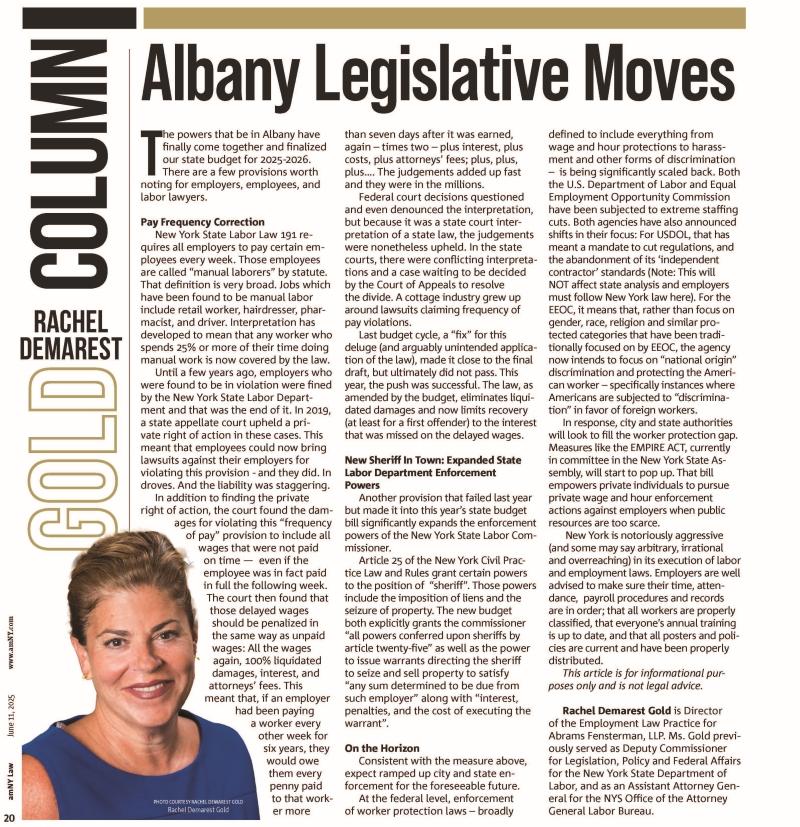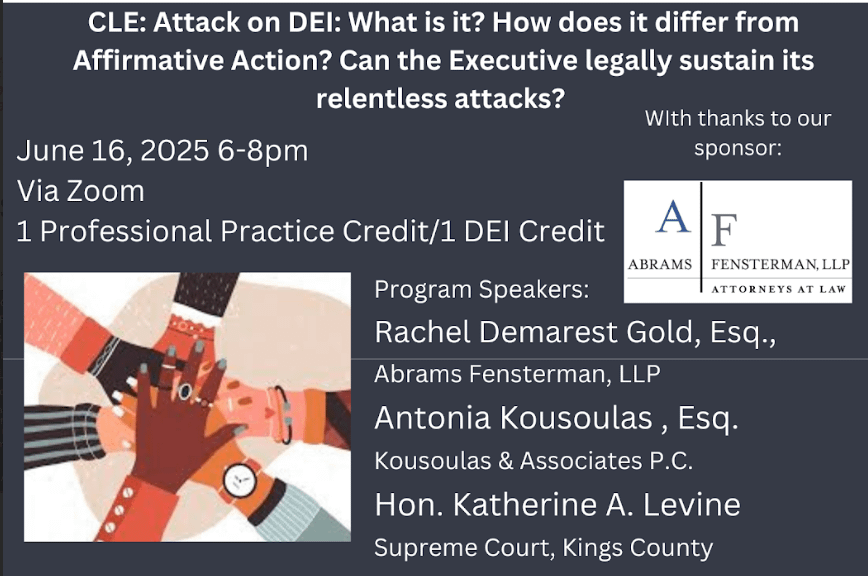As if collecting NAMI was not difficult enough, a new Federal Rule promises to make nursing home post-judgment collection efforts even more challenging. Effective May 1, 2011, certain Federal benefits paid electronically are now exempt from garnishment, levy and attachment – even with an order from the State Court authorizing such action. Under the new Rule, even if a Judge has issued an Order establishing a nursing home’s entitlement to payment of a resident’s Federal benefit as a NAMI obligation, that Order can not be used to reach the Federal benefit if it is direct deposited into the resident’s bank account.
The exempt benefits covered by the new Rule, include those paid by the following Federal programs:
- Social Security and SSI administered by the Social Security Administration;
- Veteran’s benefits administered by the Department of Veteran’s Affairs;
- Federal Railroad benefits administered by the Railroad Retirement Board; and
- Civil Service Retirement and Federal Employee Retirement benefits administered by the Office of Personnel Management
The new Rule, which is codified at Title 31, Part 212 of the Code of Federal Regulations (CFR), requires a bank, upon receipt of a garnishment order, to conduct an account review within two (2) days of its receipt of such order to determine what portion of a debtor’s account is to be “protected” from a creditor’s reach. The “protected amount” is the lesser of:
(a) the sum of all benefit payments posted to a debtor’s account within sixty (60) days of the bank’s account review; – OR-
(b) the balance in the account at the start date of the bank’s account review.
While New York State had previously enacted its own version of this Federal Rule, New York’s statute put the burden on the debtor to claim an exemption and also provided the creditor with a procedure for objecting to the exemption. The Federal Rule, however, provides for an automatic exemption based on the bank’s review of the debtor’s account history and provides absolutely no mechanism for a creditor to challenge the exemption. If there are excess funds in the account over and above the federally “protected amount”, a debtor can still claim a further exemption; however, at that juncture, a creditor can attempt to challenge the claimed exemption.





